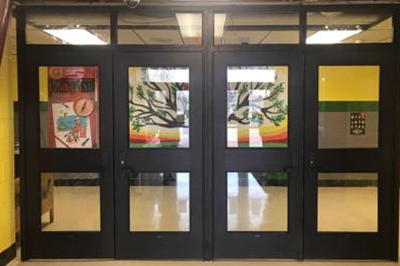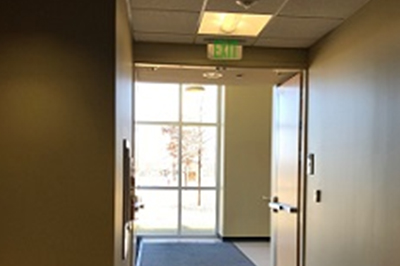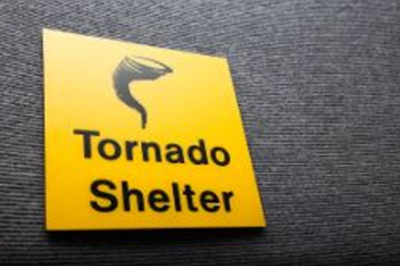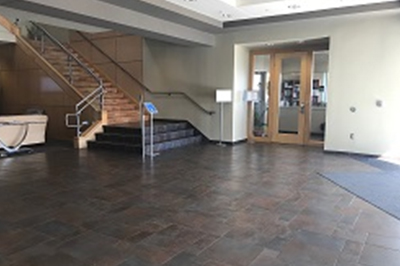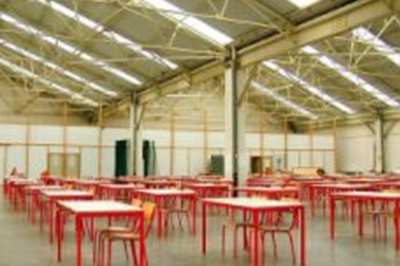Interior Safety
Interior Safety
Secured Building Entry (SBE)
Secured, operable, and used entry process into the building.
From the supporting literature (linked), providing secured building entry (such as detectors and visible security measures) negatively associated with student safety feeling.
The result of the OKHS field studies is consistent with the findings of the literature review.
Identifying Path for Exit Areas
Clear routes for exit areas are visible upon existing classroom.
From the supporting literature (linked), classrooms closed to the exit area, as a health as safety features, is associated with student achievement and should be included in the design for renovated or replacement instructional facilities.
The result of the OKHS field studies is not consistent with the findings of the literature review.
Identifying Path for Safe Rooms (IDS)
Clear routs for safe areas are visible upon existing classroom.
From the supporting literature (linked), clear routes for safe areas visible upon exiting classrooms is negatively associated with school performance.
Visibility of the Interior of the Classroom from the Main Hall (VIC)
The interior of the classroom is exposed to main hallways.
Existence of Safe room (Saferoom)
The school provides a safe room or storm shelter area.
From the supporting literature (linked), providing safe rooms (shelters) in school buildings against tornadoes is important.
References
1. Coulbourne, W. L., & Miller, J. (2012). Performance of school buildings in the Joplin, MO, Tornado. In Structures Congress 2012 (pp. 989-998).
2. Lanham III, J. W. (1999). Relating building and classroom conditions to student achievement in Virginia’s elementary schools (Doctoral dissertation).
3. Perumean-Chaney, S. E., & Sutton, L. M. (2013). Students and perceived school safety: The impact of school security measures. American Journal of Criminal Justice, 38(4), 570-588.
4. Tanner-Smith, E. E., & Fisher, B. W. (2016). Visible school security measures and student academic performance, attendance, and postsecondary aspirations. Journal of youth and adolescence, 45(1), 195-210. Chicago
5. U.S. Department of Homeland Security. (2012). Mitigation Assessment Team Report – Spring 2011 Tornadoes: April 25-28 and May 22 (FEMA P-908). Federal Emergency Management Agency (FEMA). retrieve from: https://www.fema.gov/media-library/assets/documents/25810
6. U.S. Department of Homeland Security. (1999). Building Performance Assessment Report. (FEMA 342). Federal Emergency Management Agency (FEMA). retrieve from: https://www.fema.gov/media-library-data/20130726-1443-20490-7720/fema342.pdf




